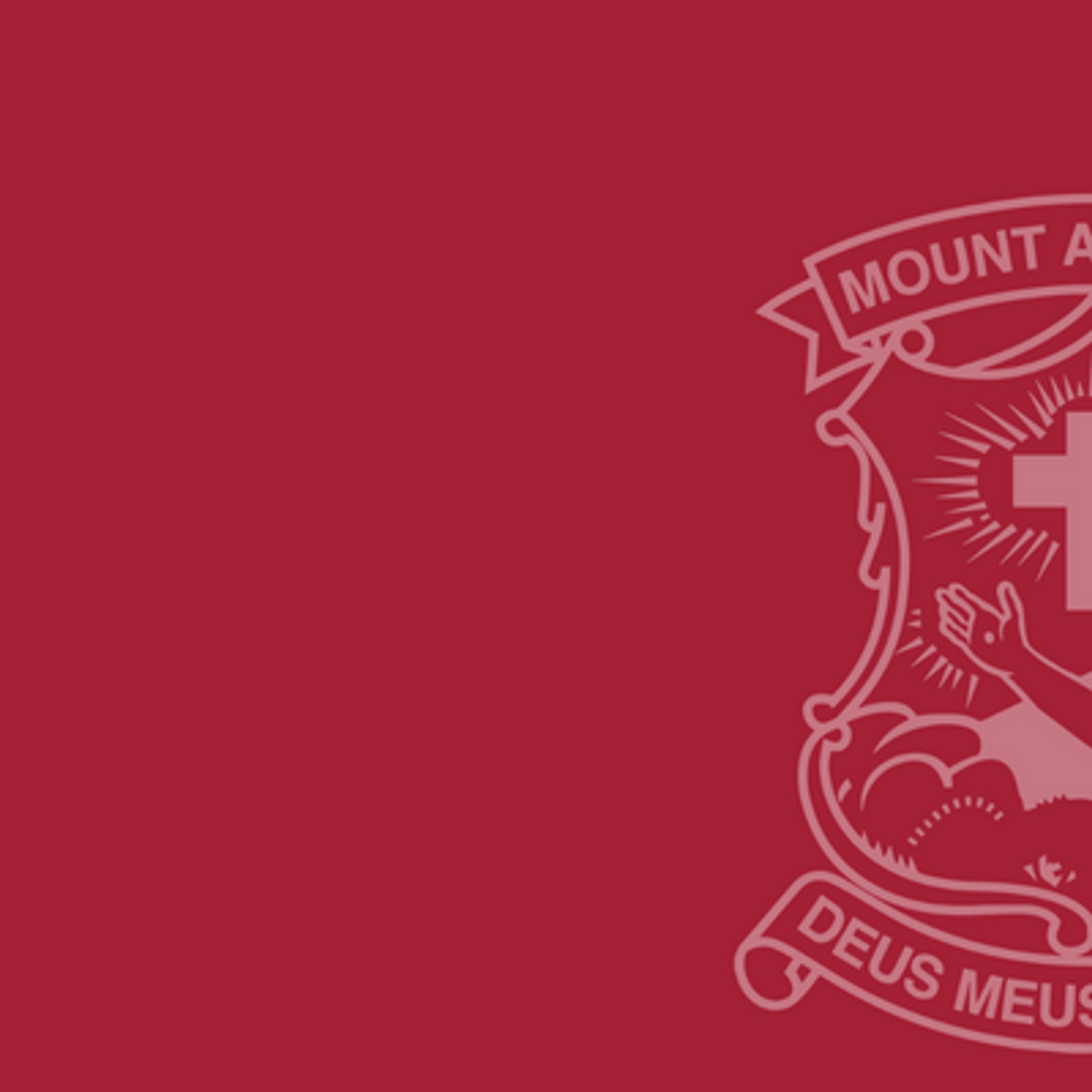Head of Faculty - English, Literacy and Languages
Sarah Porchak

Head of Faculty - English, Literacy and Languages
Sarah Porchak


Developments in Writing Improvement
2024 brought about another year of successful improvement in our NAPLAN writing scores, where our students continued to improve in their ability to write an extended response for an intended audience and purpose.
We are proud of each cohort’s success and will celebrate NAPLAN award winners on 22 August. We also acknowledge the hard work being done by teachers to ensure high standards in literacy. This work is invaluable in setting students up for long-term educational well-being and post-school success, and doesn’t happen by chance. We know that students need to become adept at selecting and applying a range of writing strategies in different contexts, for different purposes in order to complete the many complex tasks that they will encounter throughout their school years.
At Mount Alvernia, we have explicit high impact teaching strategies in place to guide our students through the cognitive processes and skills needed to complete writing tasks.


Firstly, teachers begin with Modelled writing, using the ‘Think aloud’ process, demonstrating the decisions that writers make when generating ideas, planning, and drafting a text. Through this process, teachers and students identify and select appropriate vocabulary to suit purpose and audience. In addition, teachers talk through (verbalise reasoning) and order ideas into logical paragraphs, using topic sentences. From this, teachers collect information about whether students are able to:
Next, the process of Joint construction is undertaken, providing students with an opportunity to collaborate in constructing a text. Students brainstorm ideas for their writing, and discuss the most appropriate subject matter to suit the purpose of the task. From this, students are able to:
Finally, students are provided an opportunity to apply their understandings and to practise their skills through independent writing. By now, students have an understanding of what is required because they have spent time building an understanding about the conventions and features of text forms.
Students are provided time for thinking, planning and drafting, and are always provided with an opportunity to gain explicit feedback by a student or teacher. Students are always encouraged to modify their first draft according to the feedback. This process allows students to:


Although this strategy is used to assist students in the writing process, there are a myriad of additional writing skills students can apply to enhance their writing. Head over to the ‘Academics’ tile on My Mt A to read about further ways to become a Better Writer through varied sentence structure, paragraph organisation, and use of more complex and technical vocabulary.